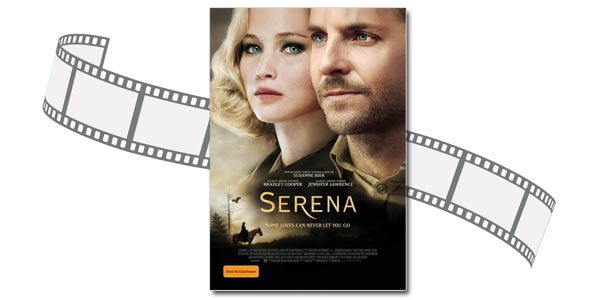- What are motor skills?
- What are fine motor skills?
- How our motor skills develop
- What do children use fine motor skills for?
- When do children develop fine motor skills?
- How do children develop fine motor skills?
- How to help children develop fine motor skills
- Why is developing fine motor skills important for children?
- Fundamental fine motor movements and grasps
What are motor skills?
Motor skills are movement abilities, that is, the ability to move the body and its parts in different ways for different purposes. As children develop, their movement abilities become increasingly complex, allowing them to perform a wider range of movements and tasks. The body’s gross motor system controls the large movements of the arms, legs and torso which depend on the development of gross motor skills. The fine motor system controls the fine movements of the extremities, including the fingers and toes.
What are fine motor skills?
Fine motor skills are the ability to coordinate the use of these small muscles to manipulate the fingers, hands and arms, and coordinate their movements with what the eye sees (often referred to as hand-eye coordination). Using the small muscles of the hands and fingers allows children to control tools and objects with their hands.
The small muscles of the fine motor system work in conjunction with the large muscles of the gross motor system. The large muscles provide the movement and stability necessary for the performance of many fine movements. For example, the torso and shoulder stabilise the arm while a child moves their hand and/or fingers while writing.
How our motor skills develop
 Fine motor and gross motor skills typically develop in a sequenced manner, from the midline of the body outwards. Gross motor abilities are related to the movement of muscles in the centre of the body (sometimes referred to as the proximal muscles) and so begin to develop earlier than fine motor skills. Early gross motor skills allow babies to do things like move around on their belly, crawl and walk.
Fine motor and gross motor skills typically develop in a sequenced manner, from the midline of the body outwards. Gross motor abilities are related to the movement of muscles in the centre of the body (sometimes referred to as the proximal muscles) and so begin to develop earlier than fine motor skills. Early gross motor skills allow babies to do things like move around on their belly, crawl and walk.
The fine motor system is comprised of the muscles which control the limbs, hands and feet (sometimes called distal muscles).  Motor skills also develop from the head downwards to the toes, meaning that babies learn to use their hands and fingers before they learn to use their feet and toes. The larger muscles of the fine motor system typically develop prior to the small ones, for example a baby will learn to make coordinated movements involving the entire hand and wrist (reaching out to grab something), before they begin moving their fingers in a coordinated manner (e.g. to pick something up). They begin holding objects using their palm (palmar grasps) before they learn to grasp thing with just their fingers (pincer grasps).
Motor skills also develop from the head downwards to the toes, meaning that babies learn to use their hands and fingers before they learn to use their feet and toes. The larger muscles of the fine motor system typically develop prior to the small ones, for example a baby will learn to make coordinated movements involving the entire hand and wrist (reaching out to grab something), before they begin moving their fingers in a coordinated manner (e.g. to pick something up). They begin holding objects using their palm (palmar grasps) before they learn to grasp thing with just their fingers (pincer grasps).
What do children use fine motor skills for?
Fine motor skills enable effective use of the hand and children rely on fine motors skills to care for themselves, to perform tasks at school and day to day chores like cooking and washing the car. Anything children do with their hands relies on the fine motor muscles and skills. At school children spend up to 60% of their day performing tasks that involve the use off their fine motor skills.
Writing and drawing
Fine motor skills allow children to write, draw and read (because they allow children to turn the pages of books), important skills  without which children will struggle to achieve at school. Until they have developed their fine motors skills, children will find it difficult to learn in other educational areas like mathematics, because this type of learning also requires them to be able to write. Children must develop the ability to write easily using tripod grasp, without concentrating on how to form the letters, so that they can free up their minds to focus on the content of what they are writing (e.g. to think about the maths equation they are writing down, rather than how to write the numbers and symbols).
without which children will struggle to achieve at school. Until they have developed their fine motors skills, children will find it difficult to learn in other educational areas like mathematics, because this type of learning also requires them to be able to write. Children must develop the ability to write easily using tripod grasp, without concentrating on how to form the letters, so that they can free up their minds to focus on the content of what they are writing (e.g. to think about the maths equation they are writing down, rather than how to write the numbers and symbols).
Children who struggle to use the small muscles in their fingers may be reluctant to engage in tasks like cutting or writing, because they get frustrated, tired or fear failure. The content of a child’s work suffers when they have difficulty writing, and improving writing ability can improve content. For example, increasing writing speed helped children keep up with the volume of written work at school and improving legibility helps others focus on the content of writing (rather than what it looks like).
Some important writing and drawing abilities children should develop as they age include:
- Holding a range of writing implements, including pencils, pens and crayons with the correct grasp (dynamic tripod grasp).
- Writing neatly and legibly, in letter of a consistent size.
- Stabilising paper with one hand as they write with another.
- Turning the pages of books.
- Using a range of instruments including compasses and protractors to draw shapes and symbols, manipulating the drawing instrument with one hand and the writing instrument with the other.
For more information: developing writing and drawing skills.
Manipulating objects
Manipulating objects with the hands and fingers is something adults do unconsciously. However children need to learn skills such as how to pick things up using only their fingers, how to use their palm to cup water or small objects like coins and how to hold their hand steady while they move their fingers independently. Manipulating objects like blocks for construction or beads for threading can be lots of fun. But manipulating objects is also fundamental for a healthy life- it allows children to do things like lift a spoon to one’s mouth to feed or brush their hair.
The types of objects a child can manipulate, and the ways in which they manipulate them vary depending on age and fine motor  development. For example, babies can reach out and grab, and usually hold onto large objects with their entire fist for a short period of time. As motor skills increase, children develop the ability to pick up smaller objects using only their fingers. They develop the ability to use their hands and fingers independently of each other, for example to hold something in the palm of their hand while using their fingers to manipulate another object.
development. For example, babies can reach out and grab, and usually hold onto large objects with their entire fist for a short period of time. As motor skills increase, children develop the ability to pick up smaller objects using only their fingers. They develop the ability to use their hands and fingers independently of each other, for example to hold something in the palm of their hand while using their fingers to manipulate another object.
Children may use their ability to manipulate objects for:
- Threading beads.
- Cutting and pasting pictures to make a collage.
- Painting using a brush or their fingers.
- Folding, tearing and crumpling paper.
- Constructing from blocks, cardboard or other materials.
- Banging with a hammer.
- Playing musical instruments.
- Putting on costumes with buttons, zippers and bows for dramatic play.
Self care tasks and feeding
Children also rely on their fine motor skills to help themselves, for example to do up the buttons on their clothes, tie their shoelaces, pick up things that they drop, washing and going to the toilet.
- Tying bows and knots, for example their shoe laces.
- Fastening buttons and zips;
- Opening lunch containers and drink bottles;
- Washing their hands, combing their hair and brushing their teeth.
- Holding onto a piece of food and raising it to their mouth.
- Manipulating utensils like spoons, forks and knives.
- Pouring drinks from a container or jug to a glass.
When do children develop fine motor skills?
Fine motor skills develop throughout life. While children rapidly increase their ability to manipulate objects with their hands in early childhood, they will continue to refine and improve fine motor skills throughout adolescence and into adulthood.
All children develop at different rates and show different strengths and abilities. Children who love writing, colouring and drawing are likely to develop their fine motor skills more quickly than children who can’t sit still. Choosing activities that are appropriate for your child, for example those that they enjoy and those that will help them develop skills they struggle a bit more with, will help children develop.
Parents may wonder what to expect of their child at a certain age and when to seek professional advice if their child seems to be lagging far behind. Although all children develop different skills at different ages, there are patterns in child development, and most children are able to do certain things in a certain order.For example, children will be able to make marks on a piece of paper before they can draw circles, lines or letters.
Fundamental abilities such as the ability to fasten a button or write one’s name are often referred to as development milestones. Parents can get a sense of how their child’s development compares to other children’s (and if their child’s development may be delayed and need intervention) by comparing their abilities to the abilities of most other children of their age. For more information: development milestones for children.
When assessing development milestones, don’t panic if your child doesn’t quite stack up against where other children are at. No two children are the same and their fine motor and all other skills will develop differently to all other children.
How do children develop fine motor skills?
Children develop fine motor skills by engaging in tasks that require them to use their fingers. This includes tasks like writing, drawing and colouring in, picking things up (especially small things), turning pages, cutting, pasting and folding, moulding playdough or doing up their own buttons. Now that computers are commonly found in schools and homes, children may miss some of the opportunities they previously had to develop their fine motor skills because they spend less time playing with objects they need to touch and manipulate. Computers and other electronic devices like touch screens also require the use of fine motor skills, but turns on these devices should be limited to 15 minutes.
How to help children develop fine motor skills
You can help your child develop their fine motor skills by providing them with opportunities to use their fingers in fun ways. If your child likes writing, drawing and other arty activities, they’ll have plenty of fun developing their fine motor skills through these activities. However, if your child is one of those that prefers running around outside, there are plenty of other ways to develop fine motor skills which they might find more enjoyable, for example picking up small stones on the ground or writing on the footpath with chalk. The more children enjoy the activities that develop their fine motor skills, the easier it will be for them to master these skills. So try to provide opportunities which fit well with your child’s interests and likes.
Why is developing fine motor skills important for children?
Developing fine motor skills in early childhood is important because it provides children with the foundation they need to succeed in education and to become independent with self-care tasks.
Fundamental fine motor movements and grasps
Fine motor movements can be categorised as those that enable children to (1) grasp, (2) reach and (3) release. Different parts of the hand, for example the fingers and the palm, are used to perform different movements. These hand movements and grasps rely on children developing:
- Hand strength.
- Hand side separation: holding an object in pincer grip while stabilising the hand with the middle and ring fingers.

- Flexibility: being able to bend and flex different parts of the hand including the fingers. For example their hands need to be flexible enough for palmer arching and to create web space (space between the thumb and forefinger when they are joined) .
- Dexterity: the precise and coordinated movements of the hands and fingers.
- Coordination: synchronising the movement of the hands and fingers. It may also be referred to as visual motor integration.
Motor skills also involve a cognitive component, that is, the ability to think through and plan what they want to do with their hands. Children who are unable to think through and plan the use of their motor functions may find new play situations (e.g. with a new toy) challenging and appear clumsy when engaged in play. Similarly those that have poor visual perception (e.g. who are unable to recognise letters) will not be able to coordinate the use of their hands, even if their fingers muscles are capable.
Hand and finger movements which allow children to write and manipulate objects include:
- Intrinsic movements: which allow them to manipulate objects already in their hands with their fingers.
- Extrinsic movements: which allow them to displace object by moving them into or out of their hands.
- Synergistic movements: which involve the thumb and finger/s working in synergy. When the thumb and finger are perform similar movements (e.g. when they are brought together to squeeze a ball) these movements are referred to as simple synergies. When the thumb and finger engage in dissimilar actions (e.g. are moved in different directions to roll a pencil back and forward) they are referred to as reciprocal synergies.
- Sequential pattern movements: which involve the sequenced movement of the thumb and finger/s to accomplish a task such as tying a bow or unscrewing something.
- Palmar arching: the ability to cup their hands.
Various grasps which children develop as they grow up include:
- Pincer grip: holding or picking up objects using only the thumb and forefinger.
- Tripod grasp: the grasp used to grip a pencil correctly. It involves gripping the pencil between the thumb and forefinger while stabilising it on the middle finger and with the side of the hand.
References
- Wagenfield An Overview of Early Development. Foundations of Peadiatric Practice for the Occupational Therapy Assistant. Slack Incorporated. 2005. (URL Link)
- Owens Supporting children’s development- fine motor skills. Putting Children First. Issue 28. 2008. National Childcare Accreditation Council. (Full Text)
- Department for Education and Child Development- Government of South Australia. Fine Motor Skills Handwriting. 2004. (cited 12 May 2014). Available from: (URL Link)
- Mulligan S, Occupational Therapy Evaluation for Children. Lippincott, Williams & Wilkins. 2003. (URL Link)
- D. Windsor, M. Cermack S. Handwriting Readiness: Locatives and Visuomotor Skills in the Kindergarten Year. Early Childhood Research and Practice. 2001; 3(1). (cited 20 February 2015) Available from: (URL Link)
- Feder, K. Majnemer, A. Handwriting development, competency and intervention. Developmental medicine and child neurology. 2007;49(4):312-317. (cited 20 February 2015) Available from: (URL Link)
- Australian Curriculum and Reporting Authority. Australian Curriculum- English. Undated. (cited 12 May 2014) Available from: (URL Link)
- South Carolina Education Office of Early Childhood Education. Good Start Grow Smart- South Carolina Early Learning Standards for 3, 4 and 5 year old children. 2007. (cited 20 February 2015) Available From: (URL Link)
- Virginia Early Childhood Development Alignment Program. Milestones of child development- A guide to young children’s learning and development from birth to kindergarten. 2009. (cited 12 May 2014). Available from: (URL Link)
- Queensland Health. Child Development Milestones 6-8 years. 2006. (cited 5 May 2014). Available from: (URL Link)
- Calder Help your preschool child develop fine motor skills. 2006. (cited 12 May 2014). Available from: (URL Link)
- Community Childcare Cooperative Ltd (NSW). Development Milestones and the Early Years Learning Framework and the National Quality Standards. Australian Government Department of Education, Employment and Workplace Relations. 2012. (cited 5 May 2014). Available from: (URL Link)
- Flinders What are Fine Motor Skills? Undated. (Cited 12 may 2014). Available from: (URL Link)
- Andrews General Categories of Fine Motor Development. Michigan State University Extension. UNDATED. (cited 28 March 2014). Available from: (URL Link)
- Queensland Government. Supporting your child’s writing development. 2007. (cited 12 May 2014). Available from: (URL Link)
- Callender, SA. Gross and fine motor activities for early childhood: Preschool children (2nd ed.). Mississippi State, MS: Mississippi State University Early Childhood Institute. 2008 (cited 26 August 2014). Available from: (URL Link)
- Columbia University. Developmental Progression of the Grasp. UNDATED. (cited 20 February 2015). Available from: (URL Link)
- Eastern Kentucky University- Occupational Therapy. Writing Grasps. 2011. (cited 20 February 2015). Available from: (URL Link)


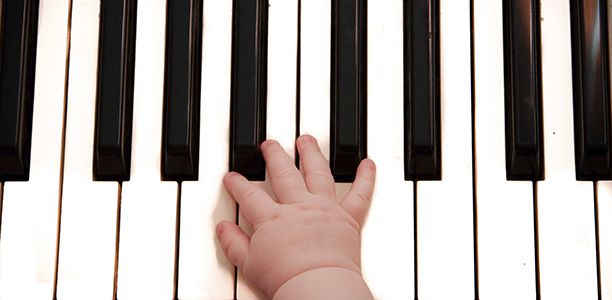
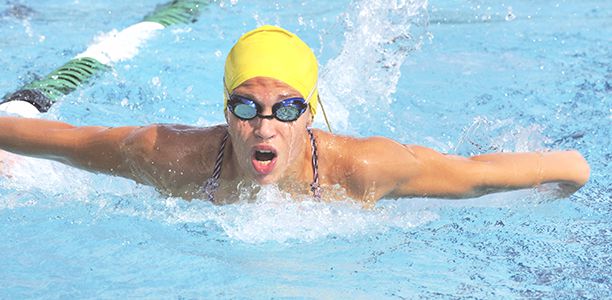
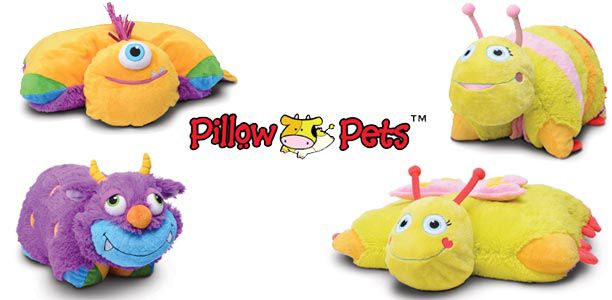
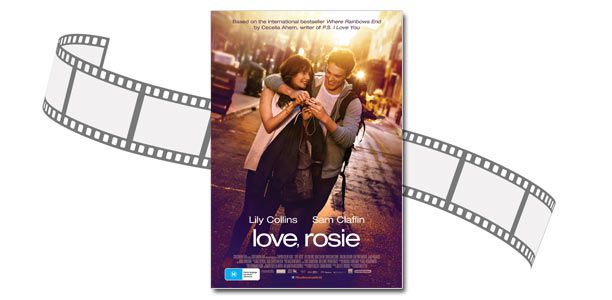
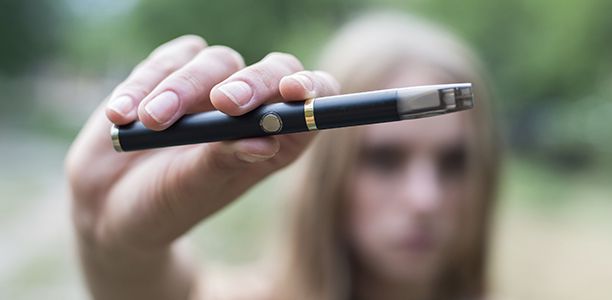
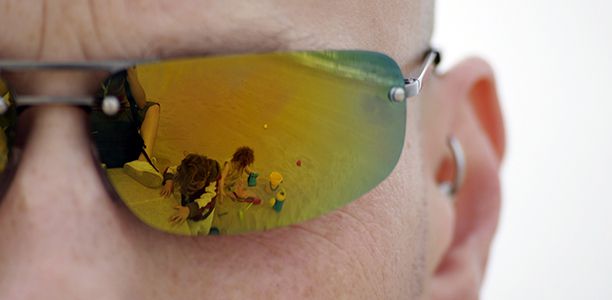
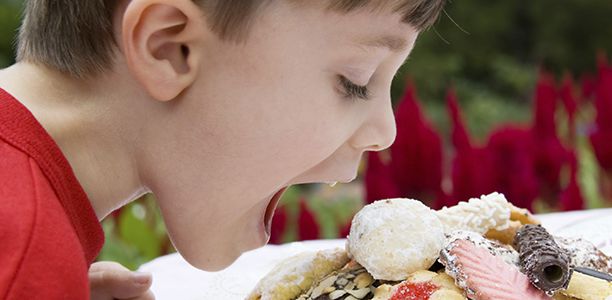


 Growing and changing so quickly, for many expecting couples looking to capture this life changing journey; Starshots, Australia’s leading portrait photography network has created the
Growing and changing so quickly, for many expecting couples looking to capture this life changing journey; Starshots, Australia’s leading portrait photography network has created the  Each session consisting of:
Each session consisting of: